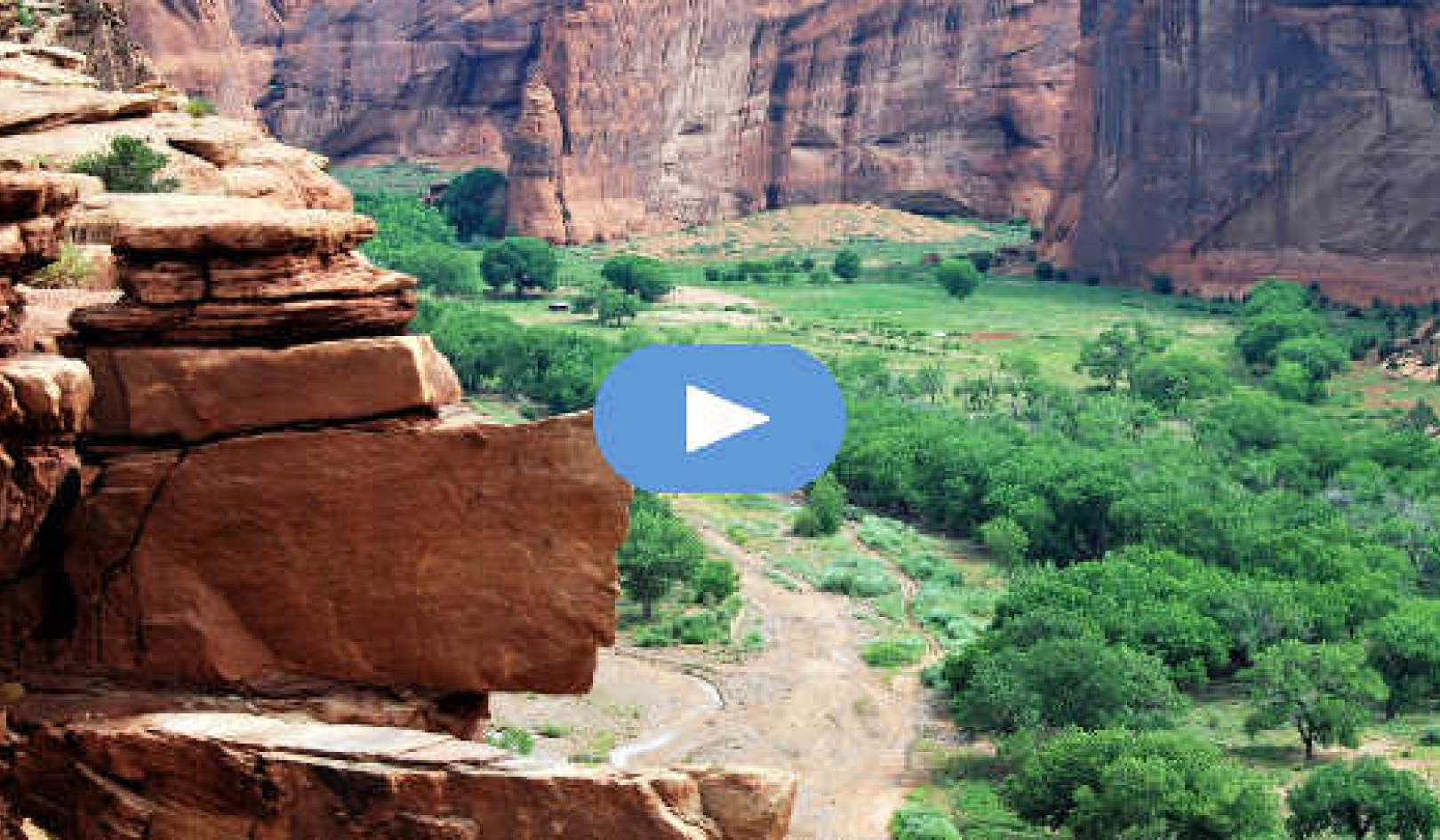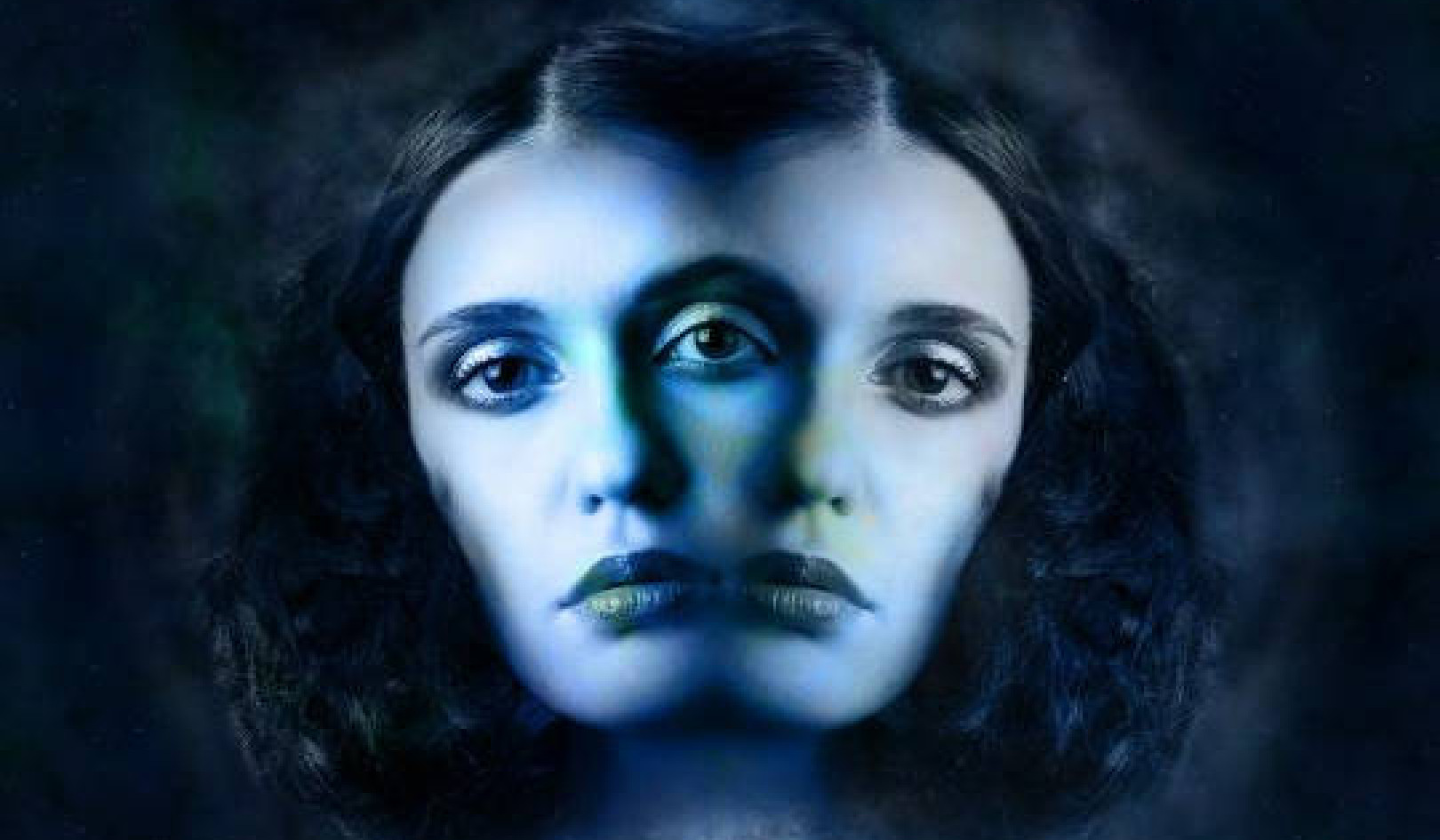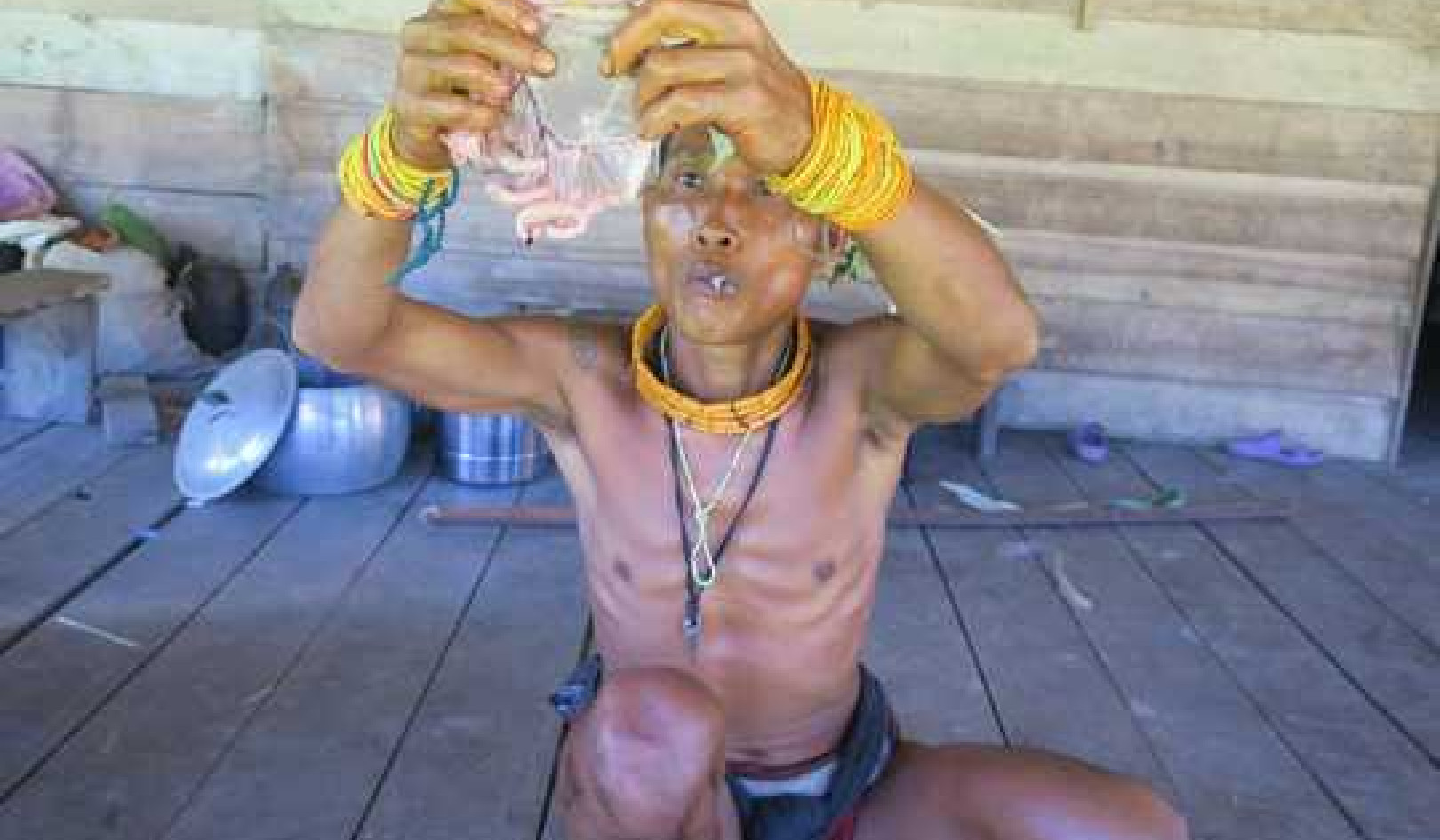
Our greatest relationship becomes a reality when we live wu-wei (the art of letting go of control). This greatest of the great relationships is with the Tao, the Way of nature, which is our nature, Atman, which is Brahman. When we live wu-wei, we become aware of, and experience, ourselves in relation to the Way. No form of scientific study or speculation can ever calculate this reality, yet we know it is real, because we live it and feel it. Living it is being in harmony with that greatest of all relationships. This Way of nature is experienced by living wu-wei, as wu-wei is the essence of the universe.
In the world that we live in now, with ecological destruction for the sake of material possessions and with the divisions among humanity, a return to our wu-wei nature is imperative, or we will face the dire consequences of our ignorant actions.
The way we commonly act toward each other and the planet is staggering evidence that we at this moment in time function as nothing more than machines that are hell-bent on destroying anything that conflicts with our greed and yearning for power. This state of deep sleep keeps us in our own private worlds, because we believe that we are constantly in a mode of survival against everything else. This belief unknowingly binds us to the animal kingdom, but if we can let go of this fear, we can finally become human.
The systems we have built perpetuate this isolation. Many religions, for example, eliminate God from the world because a God that is known to be universal, both within and without, conflicts with a lot of religious doctrines, which are built on a kind of political view of the universe, in which God is a king or lord, making people easy to control. This is truly a hypnotic view of reality, because everything in this world, including human beings, is part of nature, so how could God be excluded from anything?
We have not even mentioned our relationship to planetary and universal forces that affect our minds, which is the essence of astrology. How could cosmic forces play a part in the consciousness of this planet unless these forces are part of God? The limitations of religion, science, and philosophy are destroying our minds, because anything built with boundaries, although it may work within those boundaries, in actual fact has nothing to do with the essence of an eternal God.
Aligning With The Tao
Bringing back into the awareness that God is both within us and in nature was at the heart of Lao-tzu’s Taoism. Working with nature instead of going against it aligns us with the Tao, which allows this higher state of consciousness to produce conditions whereby others will also realize the Tao through their own nature. The English mystical philosopher and writer Aldous Huxley expresses this in his book The Perennial Philosophy, where he beautifully explains our ignorance of God in the world through a story from the Chuang-tzu text:
The doctrine that God is in the world has an important practical corollary—the sacredness of Nature, and the sinfulness and folly of man’s overweening efforts to be her master rather than her intelligently docile collaborator. Sub-human lives and even things are to be treated with respect and understanding, not brutally oppressed to serve our human ends.
The ruler of the Southern Ocean was Shu, the ruler of the Northern Ocean was Hu, and the ruler of the Centre was Chaos. Shu and Hu were continually meeting in the land of Chaos, who treated them very well. They consulted together how they might repay his kindness, and said: “Men all have seven orifices for the purpose of seeing, hearing, eating and breathing, while this ruler alone has not a single one. Let us try to make them for him.” Accordingly they dug one orifice in him every day. At the end of seven days Chaos died.—Chuang Tzu
In this delicately comic parable Chaos is Nature in the state of wu-wei—non-assertion or equilibrium. Shu and Hu are the living images of those busy persons who thought they would improve on Nature by turning dry prairies into wheat fields, and produced deserts; who proudly proclaimed the Conquest of the Air, and then discovered that they had defeated civilization; who chopped down vast forests to provide the newsprint demanded by that universal literacy which was to make the world safe for intelligence and democracy, and got wholesale erosion, pulp magazines and the organs of Fascist, Communist, capitalist and nationalist propaganda.
In brief, Shu and Hu are devotees of the apocalyptic religion of Inevitable Progress, and their creed is that the Kingdom of Heaven is outside you, and in the future. Chuang Tzu, on the other hand, like all good Taoists, has no desire to bully Nature into subserving ill-considered temporal ends, at variance with the final end of men as formulated in the Perennial Philosophy. His wish is to work with Nature, so as to produce material and social conditions in which individuals may realize Tao on every level from the psychological up to the spiritual.
Compared with that of the Taoists and Far Eastern Buddhists, the Christian attitude towards Nature has been curiously insensitive and often downright domineering and violent. Taking their cue from an unfortunate remark in Genesis, Catholic moralists have regarded animals as mere things which men do right to exploit for their own ends. Like landscape painting, the humanitarian movement in Europe was an almost completely secular affair. In the Far East both were essentially religious.
Being Radical: Moving Beyond Dogmas And Working With Nature
If we can move beyond dogmas and work with nature, then the right social conditions for everybody to realize Tao will appear. Ironically, the social morality for which Confucius yearned can only be achieved in not trying to achieve it. Social morality depends on trust and the sincere spiritual work the individual undergoes within. No dogma can set the individual, or humanity, free, because all are built on methods to induce Tao, which are methods of force.
Thus if we can be radical enough to live wu-wei, the right social and cultural conditions will emerge that will enable people to realize the Tao, and this will change our world through not striving for change. The act of trying to force change hinders change. Following your own nature is the subtle act of change. It is also the way that love transcends the personal and moves into the universal.
Our love has to exceed our boundaries to include not only our neighbors but also our enemies and the community of animals, plants, and minerals. Working with nature instead of against it is a reflection of wu-wei.
Living wu-wei is thought of as one of the most difficult and, at the same time, sublime forms of spirituality that exists. Spiritual isolation is necessary to get to the deepest part of your being. But when your nature is revealed in this introspection, you naturally want to harmonize with the world, which corresponds to the Taoist principle of ying, mutual resonance.
The world as we know it can be anything it chooses to be, but if you do not trust the world, then the world will remain as it is. Such is the paradox of unity and our nature, wu-wei.
©2018 by Jason Gregory. All Rights Reserved.
Reprinted with permission of Inner Traditions Intl.
www.InnerTraditions.com
Article Source
Effortless Living: Wu-Wei and the Spontaneous State of Natural Harmony
by Jason Gregory
 A guide for achieving an enlightened mind through the art of non-doing. Revealing wisdom utilized by renowned sages, artists, and athletes who have adapted “being in the zone” as a way of life, the author shows that wu-wei can yield a renewed sense of trust in many aspects of your daily life, making each day more effortless. As an avid wu-wei practitioner, he provides keen insight on how you, too, can experience the beauty of achieving an enlightened, effortless mind while reveling in the process of life’s unfolding.
A guide for achieving an enlightened mind through the art of non-doing. Revealing wisdom utilized by renowned sages, artists, and athletes who have adapted “being in the zone” as a way of life, the author shows that wu-wei can yield a renewed sense of trust in many aspects of your daily life, making each day more effortless. As an avid wu-wei practitioner, he provides keen insight on how you, too, can experience the beauty of achieving an enlightened, effortless mind while reveling in the process of life’s unfolding.
Click here for more info and/or to order this book.
About the Author
 Jason Gregory is a teacher and international speaker specializing in the fields of Eastern and Western philosophy, comparative religion, metaphysics, and ancient cultures. He is the author of The Science and Practice of Humility and Enlightenment Now. Visit his website at www.jasongregory.org
Jason Gregory is a teacher and international speaker specializing in the fields of Eastern and Western philosophy, comparative religion, metaphysics, and ancient cultures. He is the author of The Science and Practice of Humility and Enlightenment Now. Visit his website at www.jasongregory.org


























